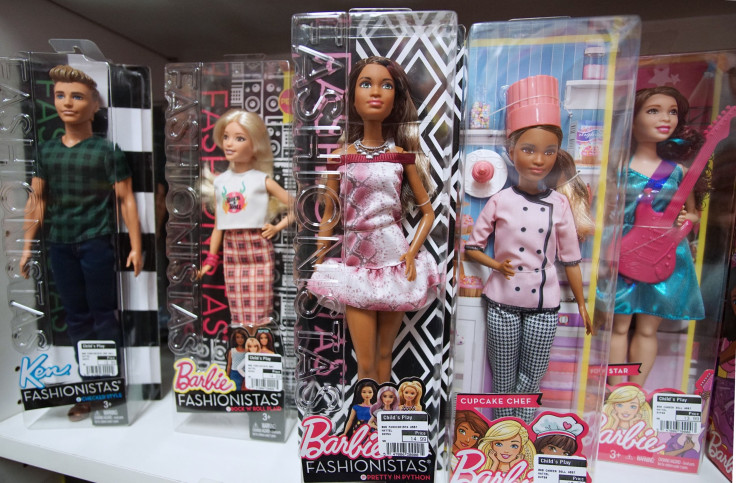Barbie Maker Mattel To Shut Montreal Unit Amid Outsourcing Push

KEY POINTS
- Maker of Barbie dolls and Hot Wheels toys Mattel is closing Montreal production facility
- Mattel shuttered its manufacturing facility in China and tool gear making unit it Indonesia last year
- Restructuring is part of CEO Ynon Kreiz’s measures to turn around the company
Toymaker Mattel is closing down its manufacturing facility in Montreal on the heels of shuttering factories in China and Indonesia. The Canada facility shutdown could result in a loss of 580 jobs, said a report in the Wall Street Journal.
The company, which makes the Barbie range of dolls and Hot Wheels toys, has not specified a timeline for closing its Canada manufacturing unit that produces Mega Bloks. The company had continued to expand its manufacturing footprint operating 13 facilities employing about 35,000 workers across the world until last year, unlike rival Hasbro that switched to outsourcing production from the beginning. Last year Mattel shut down its China and Indonesia facilities amid reports the company might close its production unit in Mexico as well.
The China facility made finished goods, while the Indonesia plant made tooling gear that other factories used, the report says. The manufacturing jobs will be moved to other Mattel facilities.
Mattel’s drastic restructuring to cut costs comes into focus amid the recent meltdown of another kids' product giant Toys “R” Us, which went under administration in 2017. Toys “R” Us has since resumed business under the True Kids brand.
Mattel Chief Executive Ynon Kreiz has been looking to stabilize the company that has struggled in recent years. Its large divisions like Fisher-Price preschool toys and American Girl dolls have been seeing weak sales amid an industry upheaval caused by Toys “R” Us liquidation. The turmoil is also blamed on the skyrocketing use of smartphones among children that offer a variety of video games.
Mattel has been trying to penetrate newer markets with a range of inclusive products like dolls wearing the hijab (Islamic head veil) and vitiligo.
The changes have turned the toy maker’s supply chain into a competitive advantage, the report cites Roberto Isais, Mattel’s chief supply chain officer, as saying. “We are continuing to optimize our manufacturing footprint, increase the productivity of our manufacturing infrastructure and achieve efficiencies across our global supply chain.”
Mattel may retain some factories, such as the units that make flagship Barbie dolls and Hot Wheels, where it might retain an advantage over outsourcing to a third party. Outsourcing, market observers say, will help the company adapt more quickly to capitalize faster on emerging trends.
The market is keenly watching for any impact the restructuring news might have after Mattel and Hasbro report earnings for the key holiday shopping period later this week.
The report cited research firm NPD Group Inc as saying U.S. toy sales declined in the fourth quarter, with six fewer shopping days between Thanksgiving and Christmas when compared to the previous year. This marked a 4% decline for the industry for 2019.
The children’s toy industry is bracing for the impact the coronavirus outbreak in China could have on the supply chain. A large Chinese toy factory will remain closed for another week, according to Isaac Larian, CEO of MGA Entertainment Inc, a competitor of Mattel and maker of L.O.L. Dolls and other toys. “The coronavirus is not solely China’s problem,” the WSJ quoted Larian as saying.
© Copyright IBTimes 2024. All rights reserved.





















